- July 26, 2024
-
-
Loading

Loading
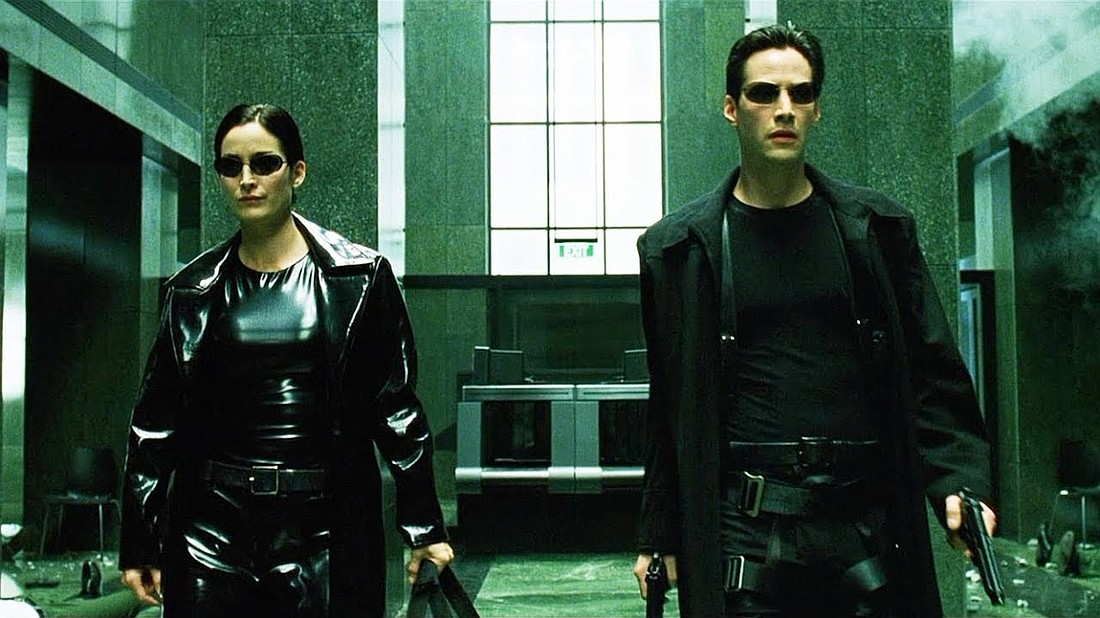
We are making Binge Blog history today, folks. I am offering a mea culpa.
The tease in this weeks’ print edition promised “a simmering Korean drama that boils over and a lighthearted look at the world of art thievery.” Well, you’re still getting the Korean drama, but the art thievery world will have to wait.
There was something much more important to talk about, thanks to news breaking Tuesday that a fourth installment of "The Matrix" franchise will start production in early 2020, with stars Keanu Reeves and Carrie-Ann Moss and director Lana Wachowski (but not Lilly Wachowski) all returning. This is bonkers for a lot reasons, but let’s start with: It’s been 16 years since “The Matrix: Revolutions” was released. It will probably be 18 or so years by the time the fourth one comes out. So much has happened during that time, not just in society but in technology. What was cutting edge for the time now looks dated. (Maybe. We’ll discuss this more in a second.) Say what you want about the Wachowskis, but they are always ahead of their time, in all aspects. Sometimes, maybe too far ahead. What digital tricks will Lana have up her sleeve this time?
Also: What will a new Matrix story look like? The ending of “Revolutions” is fairly definitive. Of course, the whole concept is that the Matrix itself is cyclical. Would Wachowski want to play on that idea of, as Rust Cohle says, time being a flat circle? Or will she attack the social media world we now inhabit? Another Wachowski truism: There is always (much) more to say than is being said on the surface.
Whatever the new film looks like, I am excited to see it and I hope it gets more favorable reviews than the previous sequels did. Unfairly so, in my opinion. Anyone who disliked the sequels should listen to the “Blank Check” episodes about them. They will give you a new perspective on the films, I think. But we’ll revisit those closer to the fourth’s release.
For now, let’s examine how well the original holds up.
Vudu (free with ads), rated R, 136 minutes
Turns out: Pretty damn well.
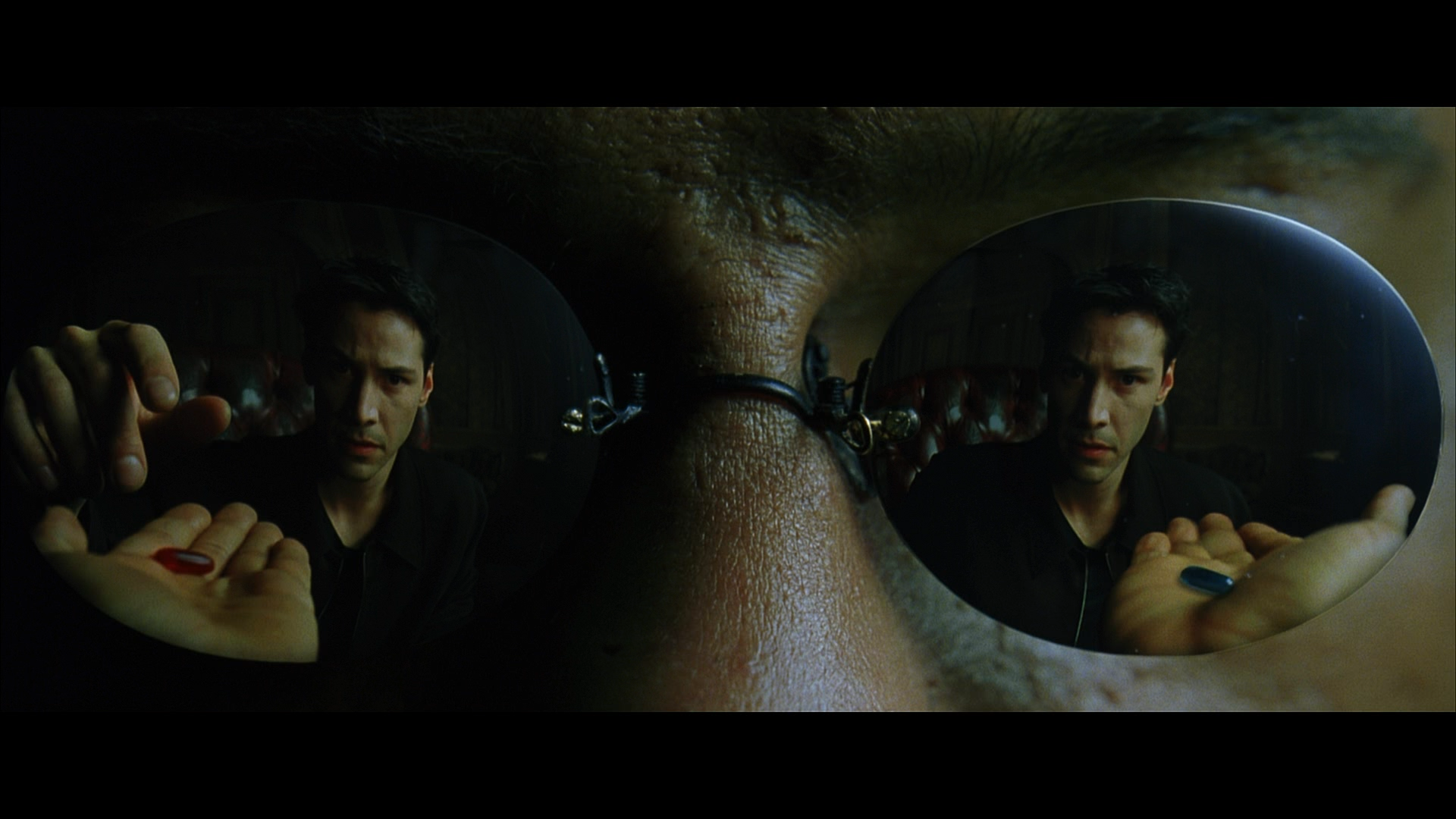
It is difficult to remember how innovative this film was upon release thanks to its myriad ripoffs since, but the effects — for the most part — still look great. The 180-degree still camera spin that kicks off the film’s first fight. The bug crawling into and through Neo’s (Keanu Reeves) stomach. The entirety of the “waking up” sequence. Even the bullet-time fighting, the most-copied trick in the Wachowski playbook, still reminds you of the impact it had the first time you saw it.
The green tinge everything in the Matrix itself is given is a brilliant touch, coloring the world in computer code. The dialogue is still the heady adventure you remember it being. It’s a shame that some darker corners of the internet have taken all the wrong lessons from the film’s messaging because the story poses interesting questions about the nature of what we perceive as real and/or fake and why. (They also must have conveniently skipped the sequels.)
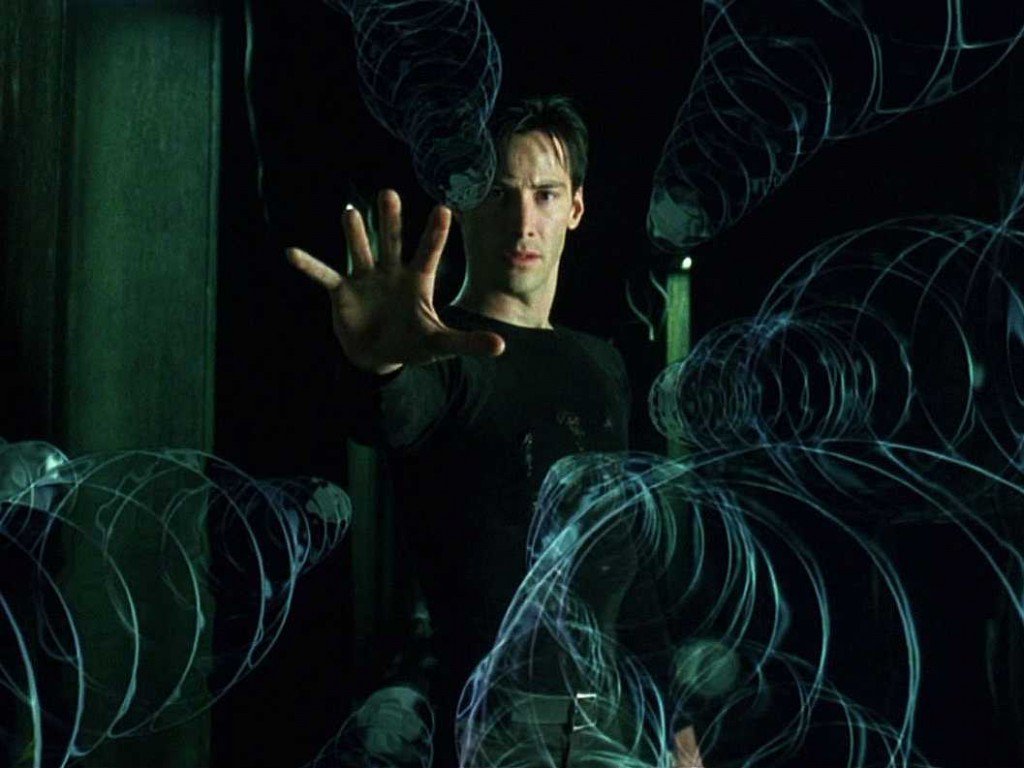
Reeves plays the part with equal parts naivete and go-getter, something difficult to do. Laurence Fishburne is great as the wise Morpheus. Moss is a convincing badass in Trinity. Hugo Weaving could have played Agent Smith as a straight-up villain, but he and the script decided to have him make some valid points along his path of wanton destruction. The whole thing crackles with the energy of a group of people that knows it’s doing something fresh.
The music is the only thing that feels dated, but it still works within the dreamscape of the Matrix itself. If you’re looking for an sci-fi action romp, there are still not many options better than “The Matrix.” That’s a wonderful thing.
Just remember: There is no spoon.
Netflix, not rated, 148 minutes
The biggest question surrounding Lee Chang-dong’s “Burning” on first watch is whether its title is literal or simply metaphorical.
I sure won’t tell you which.
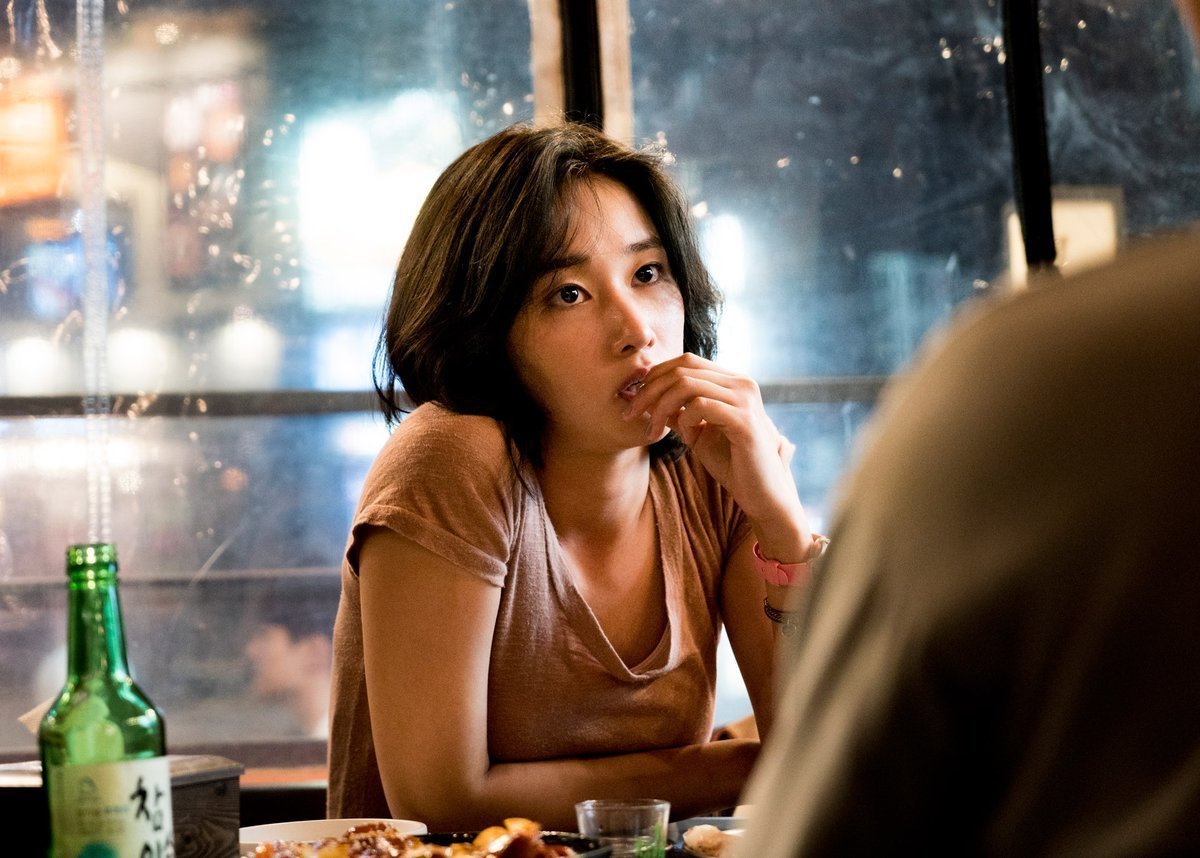
Everything about “Burning” raises suspicion. When Jong-su (Yoo Ah-in) chats up a seemingly random stranger, Hae-mi (Jun Jong-seo), it turns out they went to school together — or at least, she says they did. Jong-su has no recollection of this. After a few days of a fling, Hae-mi leaves on a trip and asks Jong-su to housesit her cat — but he can’t find a cat anywhere once he arrives. And when Hae-mi returns with a new man, Ben (an unbelievable Steven Yeun), things go from strange to worse, for everyone.
“Burning” was a critical smash when it premiered at the 2018 Cannes Film Festival. It is clear to see why. This thing grooves like a smoky guitar riff at the break of dawn. For much of its runtime, it doesn’t burn so much as smolder, like a hot iron ready for branding. Character motivations shapeshift and your allegiances shift with them. Eventually, something happens to one of the characters, and the others’ reaction to that event is when the movie reveals itself for what it really is. The film gets doused in gasoline, you could say.
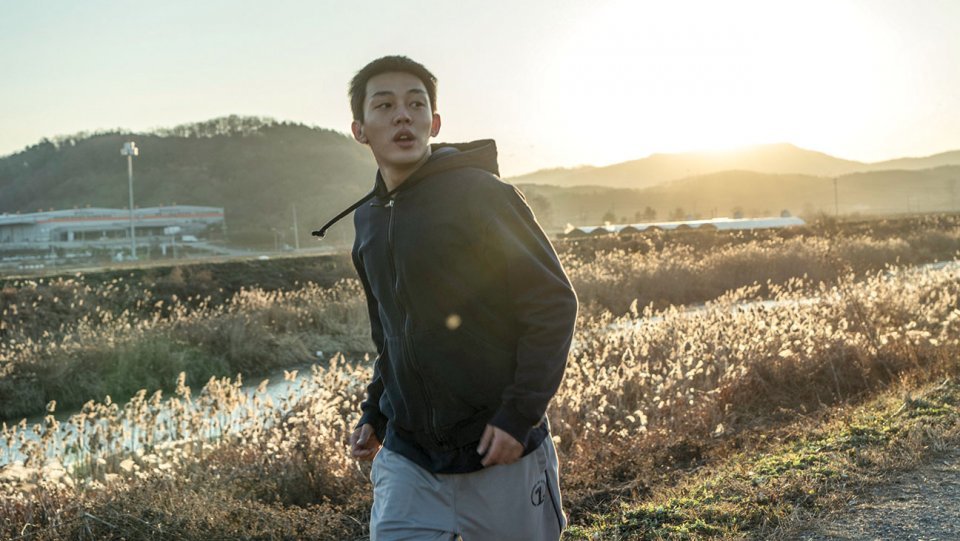
The cinematography from Hong Kyung-pyo is appropriately dreary at the start and shifts with the film, becoming crisper as the film’s intent comes into focus.
If you’re looking for a surprising cinematic experience, or want to expand your palette beyond American films, you can stop looking. “Burning” is here to light your soul on fire.
From Hae-mi in "Burning":
"Do you know the Bushmen in the Kalahari Desert in Africa? It is said that Bushmen have two types of hungry people: 'Little hungry' and 'great hungry.' Little hungry people are physically hungry. The great hungry is a person who is hungry for survival. Why do we live, What is the significance of living? People who are always looking for these answers. This kind of person is really hungry."